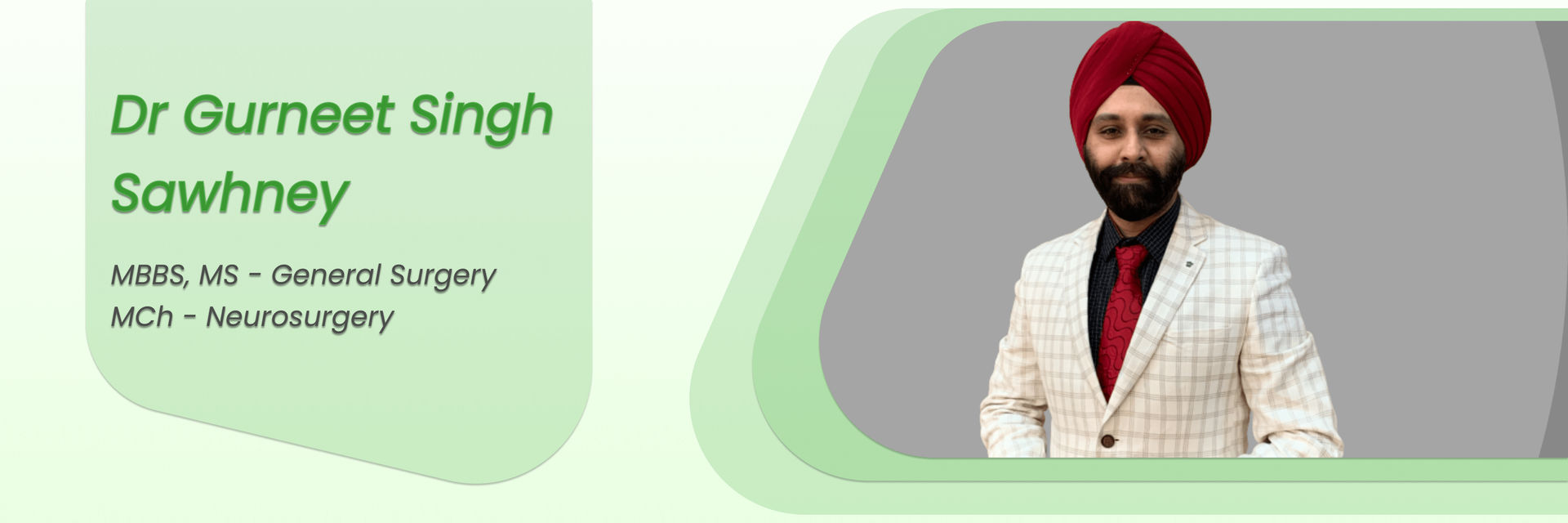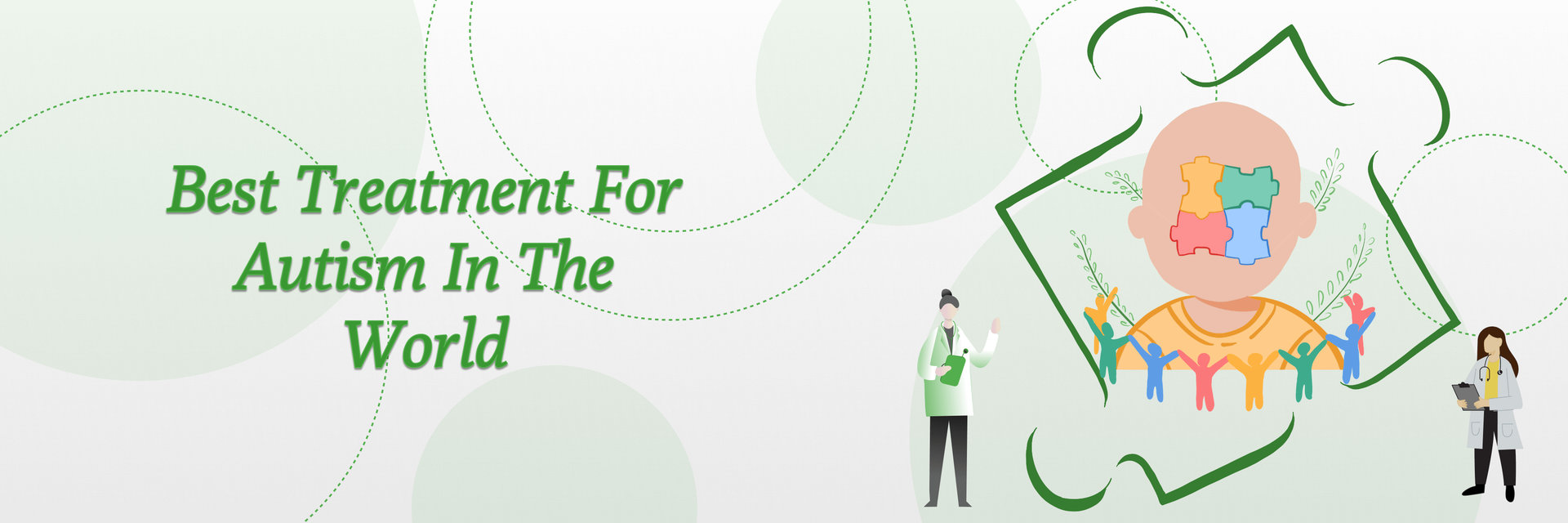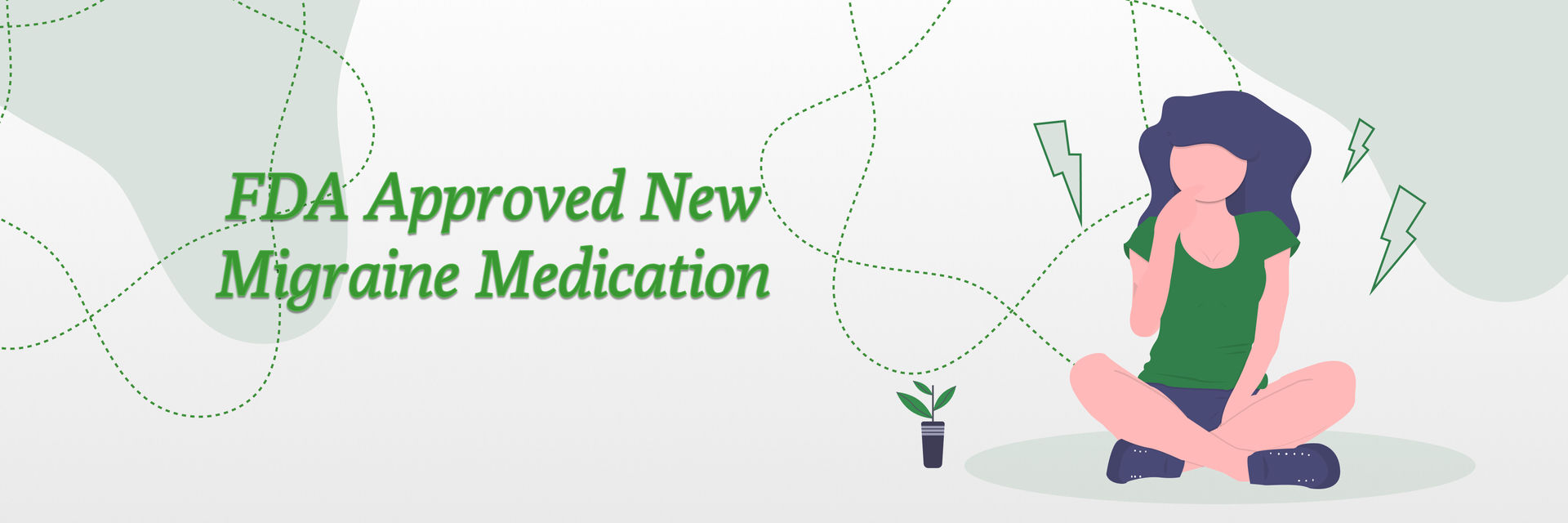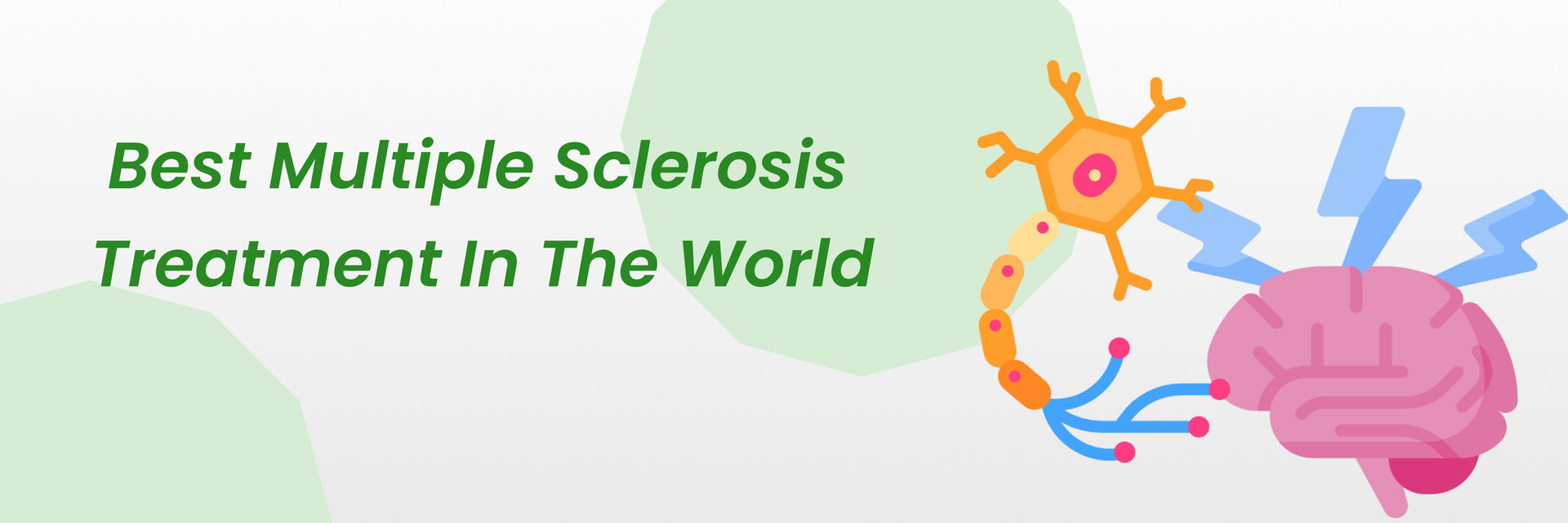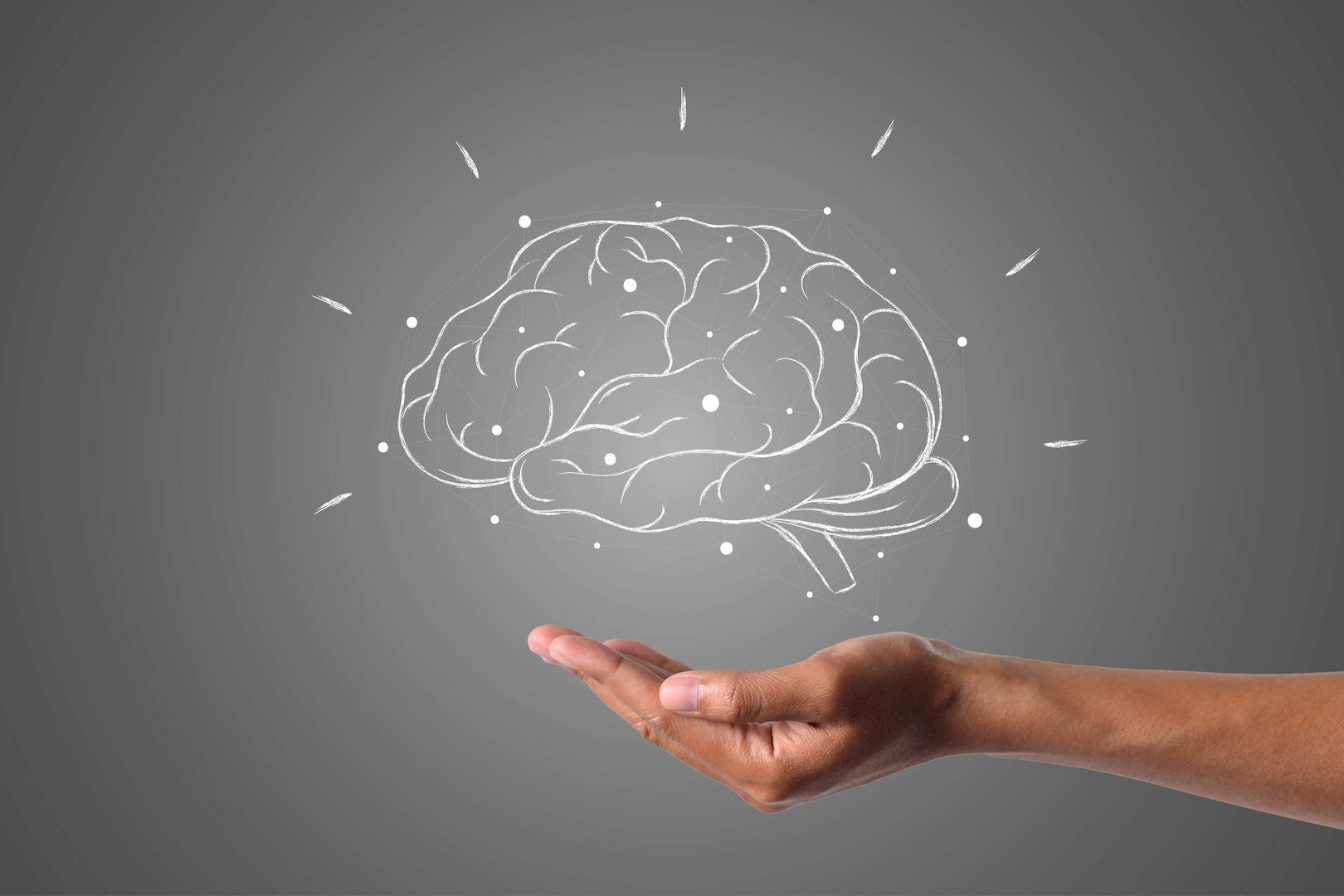Introduction
Cardiac arrest is a sudden and often fatal event where the heart stops pumping blood effectively, leading to a cessation of blood flow to the brain and other vital organs. In India, cardiovascular diseases are a leading cause of mortality, with an estimated 2.8 million deaths annually. Despite advancements in medical technology, the survival rate post-cardiac arrest remains low, with many survivors facing severe neurological complications, including seizures. Understanding these complications is crucial for improving patient outcomes and quality of life.
Seizures after cardiac arrest are not uncommon and can occur due to several reasons, including hypoxic brain injury resulting from the lack of oxygen during the arrest. This article will delve into various aspects of seizures following cardiac arrest, including their causes, symptoms, and treatment options.
Dr. Bhaskar Semitha, a renowned cardiologist, states, "Recognizing seizures early after a cardiac arrest is vital. Timely intervention can prevent further brain damage and significantly improve the patient's chances of recovery and quality of life."
What Are Seizures?
Have you ever seen someone having a seizure and wondered what's happening?
Seizures are sudden, uncontrolled electrical disturbances in the brain that can cause changes in behavior, movements, feelings, and levels of consciousness. These episodes can last from a few seconds to several minutes and vary in intensity and presentation.
Is it normal to have seizures after cardiac arrest?
Experiencing seizures after cardiac arrest is relatively common and can be a part of the brain's response to the trauma it endured during the period of oxygen deprivation. Studies indicate that up to 30-40% of patients who survive a cardiac arrest may develop seizures. Approximately 20% of them often within the first 24 hours. These seizures can manifest immediately or develop over time, varying from patient to patient.
Seizures in this context can be a sign of brain injury or a poor prognosis. They often indicate that the brain has sustained significant damage and that the likelihood of recovery without long-term neurological deficits is reduced. Understanding the frequency and severity of these seizures can help medical professionals devise appropriate post cardiac arrest seizure treatment plans.
How Long Does It Take for Brain Damage to Occur After Cardiac Arrest?
The timing of brain damage onset following a cardiac arrest is critical. The brain can begin to suffer irreversible damage within just 4-6 minutes of oxygen deprivation. This is because brain cells are highly sensitive to lack of oxygen and glucose, and their function can deteriorate rapidly without these essential nutrients.
Several factors influence the extent of brain damage, including
cardiac arrest duration,
cardiopulmonary resuscitation (CPR) effectiveness, and
the time taken to restore normal heart rhythm.
Immediate and effective CPR can significantly improve the chances of survival and reduce the severity of brain damage. For those looking to be better prepared in emergencies, many organizations provide training programs and seasonal offers on CPR certification, making it more accessible for individuals to learn life-saving skills. However, even with prompt intervention, the risk of brain seizures after cardiac arrest remains high due to the initial period of hypoxia.
What Causes Seizures After Cardiac Arrest?
Several factors can contribute to the occurrence of seizures after cardiac arrest:
- Hypoxic Brain Injury: The primary cause of seizures post-cardiac arrest is hypoxia, where the brain is deprived of oxygen. This lack of oxygen can cause widespread neuronal injury, leading to seizures.
- Electrolyte Imbalances: During and after a cardiac arrest, the body's electrolyte balance can be disrupted, contributing to the onset of seizures.
- Brain Swelling: The brain may swell due to the injury, leading to increased intracranial pressure and subsequent seizures.
- Pre-existing Conditions: Patients with pre-existing conditions such as epilepsy or other neurological disorders may be more prone to seizures after a cardiac arrest.
Understanding these causes can help formulate effective post cardiac arrest seizure treatment strategies and improve patient outcomes.
Diagnosis of Seizures After Cardiac Arrest
Clinical Evaluation
- Medical History: Doctors start by reviewing the patient's medical history, including details of the cardiac arrest event and any previous neurological conditions.
- Physical Examination: A thorough physical examination helps identify any neurological deficits or signs of seizures.
- Observation of Symptoms: Monitoring the patient for seizure activity and noting the frequency and type of seizures.
EEG and Neuroimaging
- Electroencephalogram (EEG):
- Purpose: Measures electrical activity in the brain.
- Procedure: Small electrodes are placed on the scalp to detect abnormal brain waves.
- Results: Helps distinguish between epileptic and non-epileptic seizures.
- Neuroimaging:
- CT Scan or MRI:
- Purpose: Provides detailed images of the brain structure.
- Procedure: Non-invasive imaging techniques to look for brain injury or abnormalities.
- Results: Identifies brain areas affected by the lack of oxygen.
Differential Diagnosis
- Identifying the Cause: Determining whether the seizures are due to cardiac arrest or another underlying condition is crucial.
- Excluding Other Conditions: Conditions like electrolyte imbalances, infections, or drug reactions can mimic seizures.
- Tailoring Treatment: Accurate diagnosis ensures the patient receives appropriate and effective treatment.
Post Cardiac Arrest Seizure Treatment
Treating seizures after cardiac arrest requires a comprehensive approach that addresses the underlying causes and provides supportive care. Treatment options may include:
- Antiepileptic Drugs (AEDs): These medications help control seizures and prevent their recurrence.
- Hypothermia Therapy: Inducing mild hypothermia can reduce brain damage and improve neurological outcomes.
- Electrolyte Management: Correcting electrolyte imbalances can help prevent seizures.
- Monitoring and Supportive Care: Continuous monitoring of brain activity and vital signs is essential for managing seizures and other complications.
- Rehabilitation:
- Physical Therapy:
- Helps improve mobility and strength affected by seizures.
- Tailored exercises to regain physical function.
- Occupational Therapy:
- Assists in relearning daily activities and improving fine motor skills.
- Adapting home and work environments for safety.
- Speech Therapy:
- For patients with speech or swallowing difficulties.
- Techniques to improve communication and swallowing functions.
Lifestyle Adjustments
- Stress Management:
- Techniques like meditation, yoga, and deep breathing exercises.
- Healthy Diet:
- Maintaining a balanced diet to support overall health.
- Avoiding excessive caffeine and alcohol.
- Regular Sleep:
- Ensuring consistent and sufficient sleep to reduce seizure risk.
- Avoiding Triggers:
- Identifying and avoiding known seizure triggers, such as flashing lights or stress.
If you or a loved one is managing seizures after cardiac arrest, Contact us today to develop a comprehensive and effective treatment plan.
Implementing these treatments promptly and effectively can significantly impact patient outcomes.
In some cases, patients may experience a seizure immediately after hitting head, which can complicate the clinical picture following a cardiac arrest. This type of seizure, also known as a traumatic seizure, can result from a traumatic brain injury (TBI) sustained during the cardiac event. It's essential to differentiate between seizures caused by TBI and those resulting from hypoxic brain injury to tailor the treatment accordingly.
Living with Seizures After Cardiac Arrest
Coping Strategies
- Education: Learn about seizures to understand and manage them better.
- Routine: Maintain a regular schedule for sleep, meals, and medications.
- Stress Management: Practice relaxation techniques like meditation, deep breathing, and yoga.
- Alert Systems: Use medical alert bracelets and inform close contacts about your condition.
Impact on Daily Life
How do seizures affect daily activities?
- Work and School: Seizures may disrupt attendance and performance. Inform employers or educators about your condition for support.
- Driving: Many states require a seizure-free period before driving again. Follow local regulations and consult your doctor.
- Social Activities: Anxiety about having seizures in public can affect social interactions. Gradual exposure and support from friends and family can help.
Support Systems and Resources
- Healthcare Providers: Regular consultations with doctors and therapists.
- Support Groups: Join groups for emotional support and shared experiences.
- Educational Resources: Books, articles, and online forums to learn about seizures.
- Family and Friends: Build a supportive network of loved ones who understand the condition.
Prevention and Prognosis
Preventive Measures
- Immediate Medical Attention: Prompt CPR and defibrillation during cardiac arrest to restore blood flow to the brain.
- Temperature Management: Therapeutic hypothermia to reduce brain damage post-cardiac arrest.
- Medications: Prophylactic anti-seizure medications in high-risk patients.
- Regular Monitoring: Continuous EEG monitoring in the ICU to detect and manage seizures early.
- Healthy Lifestyle: Maintaining a heart-healthy lifestyle to prevent cardiac events, including a balanced diet, regular exercise, and avoiding smoking and excessive alcohol.
Long-Term Outlook
Curious about the future of someone with seizures after cardiac arrest?
- Recovery Varies: The prognosis can vary based on the severity of the cardiac arrest, the promptness of treatment, and the presence of any underlying conditions.
- Management is Key: Many patients can lead fulfilling lives with proper treatment and lifestyle adjustments.
- Ongoing Care: Regular follow-ups with healthcare providers to adjust treatment plans.
- Quality of Life: Support systems and rehabilitation can significantly improve the quality of life.
Conclusion
Seizures after cardiac arrest are serious but manageable with prompt medical care and proper treatment. Recognizing symptoms, understanding the condition, and seeking timely intervention are crucial. With the right approach, many patients can lead fulfilling lives. If you or a loved one experiences seizures after cardiac arrest, consult a healthcare professional for accurate diagnosis and effective management.
References:
https://indianheartassociation.org/
https://www.heart.org/en/professional/quality-improvement/quality-research-and-publications

